What Is Research Intelligence? How Data-Driven Insights Improve Research Efficiency
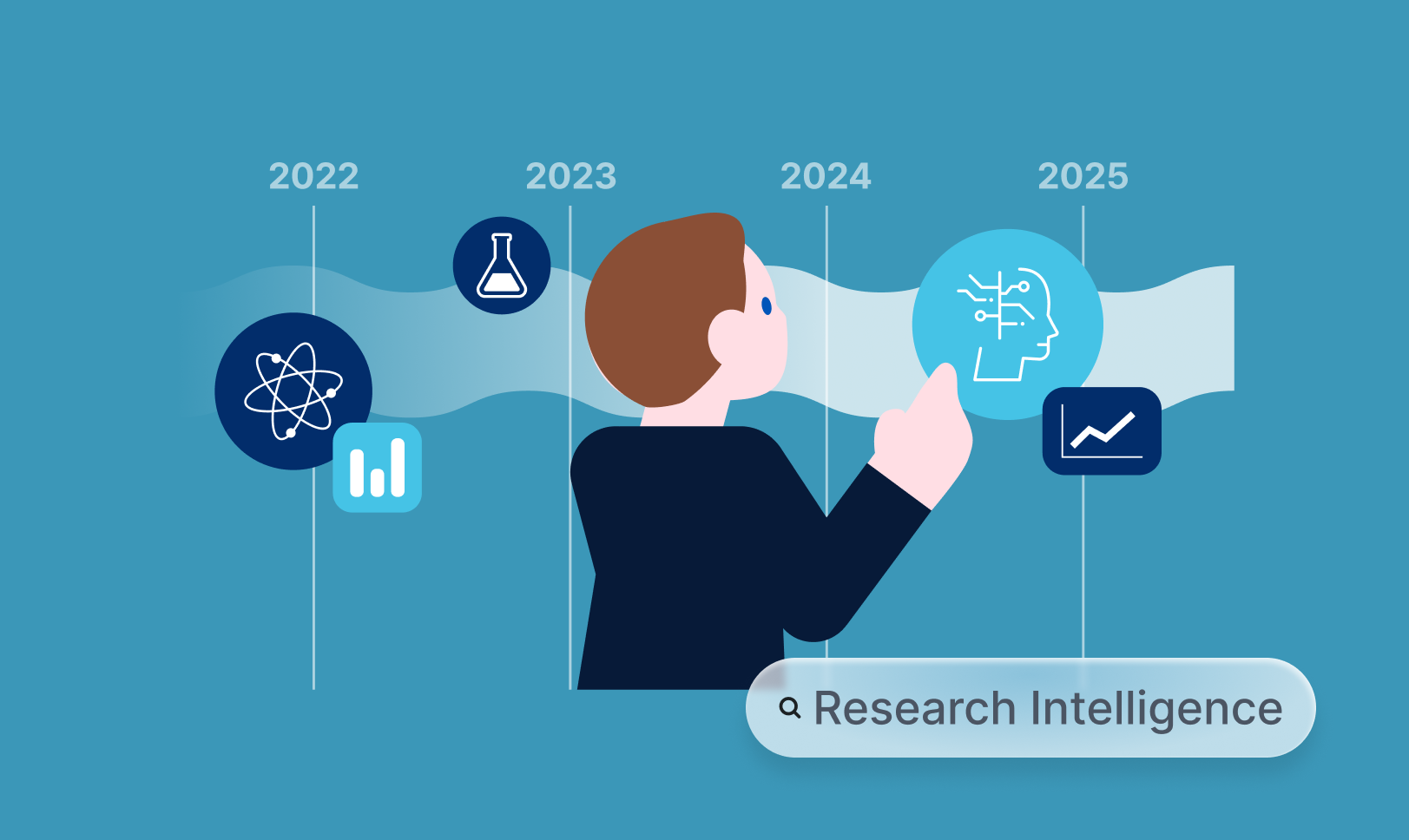

The dawn of 2025 is upon us!🌟
We extend our deepest gratitude to all the researchers, innovators, and curious minds who journeyed with us through 2024.
As the new year begins, we stand in support of all researchers embarking on groundbreaking pursuits and challenges. Here's to an even brighter 2025, brimming with transformative research and boundless possibilities!
Before diving in, explore our featured articles on 👇🏻
- How to save time for efficient literature searches (General Tutorial)
- Discover strategies to uncover sharper, more meaningful insights (Updated Feature)
with Research Intelligence!
Scinapse's core feature, Research Intelligence, has been introduced multiple times, with an emphasis on how it can help solve specific challenges and be applied to research workflows. However, we realized that some of you might still wonder, What exactly is Research Intelligence?
Let us provide a more detailed explanation.
What is Research Intelligence, and who is it for?
Research Intelligence is not just a tool for researchers.
It is designed for anyone involved in research-related roles or industries, including those who need to track research trends for technology, product development, and investment. Its versatility allows it to be applied across various use cases to meet diverse needs.
Initially developed to save researchers from the time-consuming task of manually reviewing an endless stream of papers, it has evolved into a robust solution for quickly and effectively identifying research trends based on your specific criteria and goals.
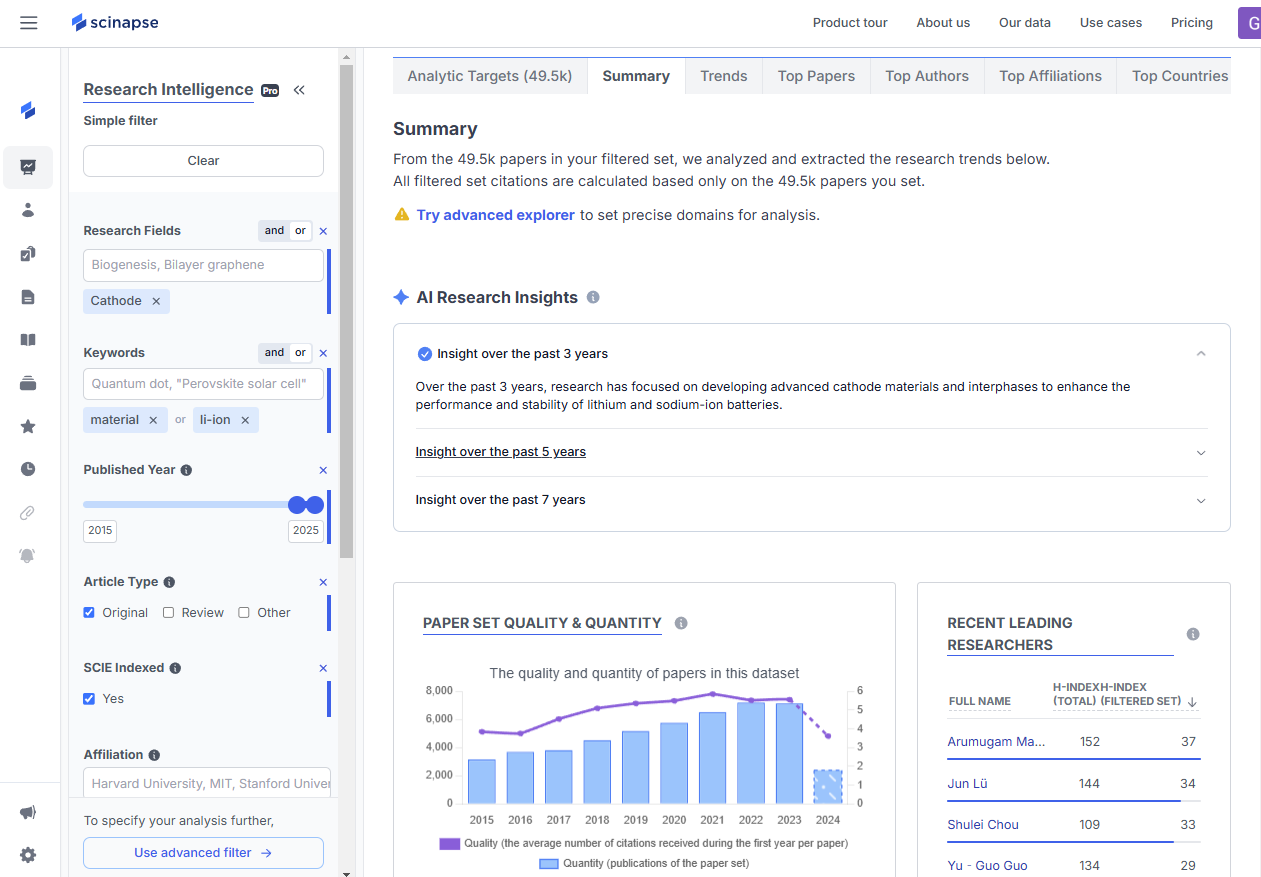
What are the benefits, and what can you achieve with it?
AS-IS Workflow
[Search for keywords in a paper database > Review dozens of papers > Refine keywords] Repeat the process endlessly...
👉🏻 Research Intelligence dramatically reduces the time required for this repetitive process, cutting down the traditional research journey from 1-3 weeks to just a fraction of that time.
/ Easily Discover Updated Research Trends with Just a Few Clicks
- Stay on Top of Emerging Research Trends
▶️ Research Intelligence was developed to address the tedious process of spending days searching and reviewing dozens of papers before starting your research. By simply applying filters and entering keywords, you can quickly identify the trends most relevant to your research topic, saving time and effort.
- Track research trends over time with visual data
▶️ In addition to significantly reducing the time spent on literature reviews, Research Intelligence provides intuitive, visualized data that allows you to see how specific research topics have evolved. Understand the focus areas and progression of studies at a glance, organized by year.
- Reliable Statistical Data Without Guesswork
▶️ Previously, identifying leading researchers in a specific field often required manually combing through papers, identifying recurring names, and cross-referencing them through additional searches. With Scinapse Research Intelligence, you can set parameters such as field, publication year, paper type, and even location or affiliation. The tool then uses citation analysis to present objective data, helping you pinpoint key researchers and trends effortlessly.
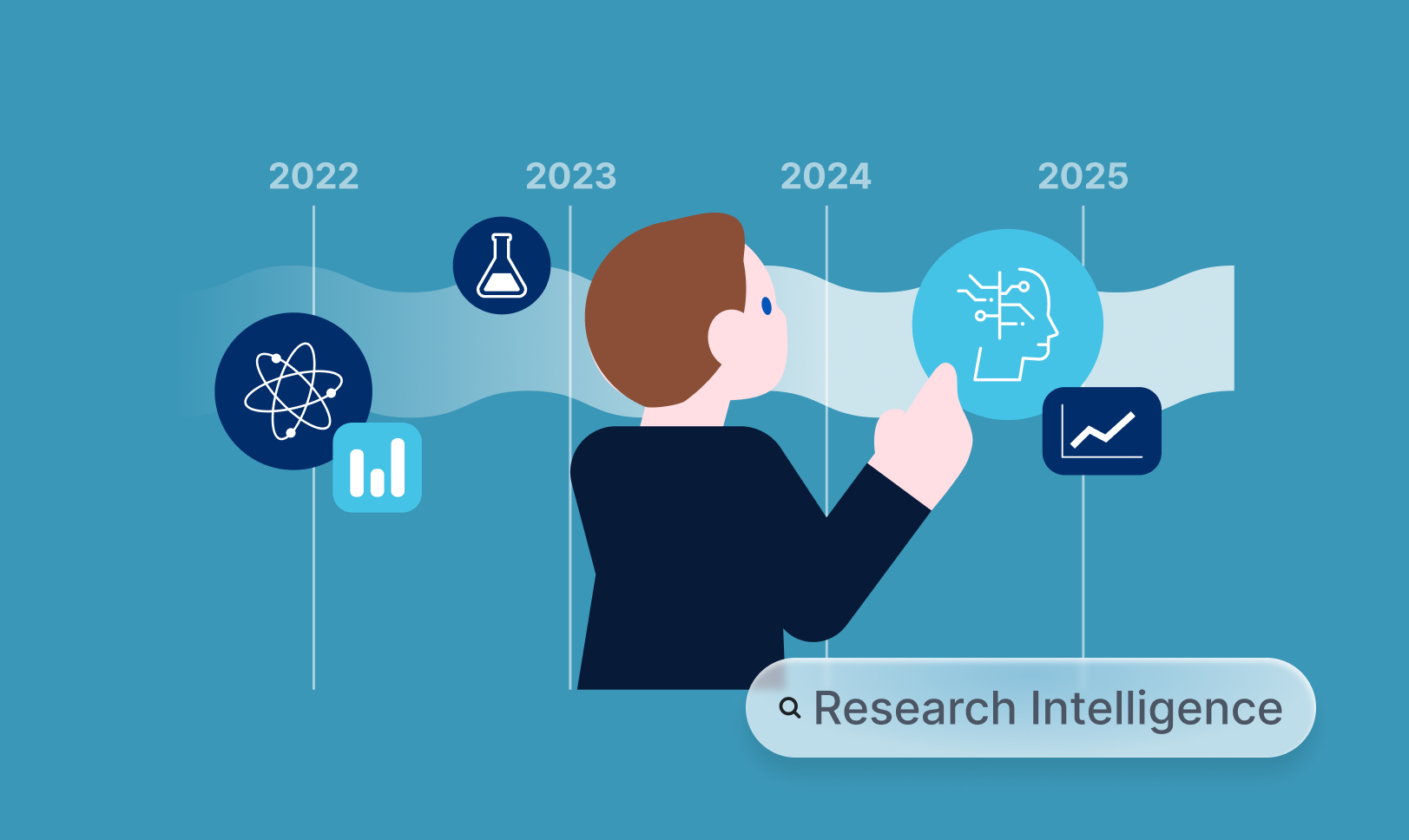
/ Explore Research Impact Across Multiple Angles
- Evaluate Thesis Performance with Tailored Criteria
▶️ Ever wondered if a particular paper or researcher is genuinely impactful within a specific context? With Research Intelligence, you can check total citation counts as well as citations within your chosen domain. The flexible domain settings let you focus on what matters most for your analysis.
- Assess Researcher Expertise with Custom Metrics
▶️ Evaluating a researcher’s expertise based on customized criteria has traditionally been a challenge. Many tools rely on algorithms or broad metrics like overall citation counts. Scinapse allows you to filter by specific domains, countries, or journals to assess actual performance.
For example, you can narrow your analysis to “citations within the U.S., excluding Asia” or focus on “citations within Nature Journal only.” By tailoring the criteria to your research or business goals, you can achieve a more precise evaluation of impact and expertise, aligned with your objectives.
How Are These Metrics and Data Implemented? - Technology
- Data Transformation of Paper Text
Traditional methods of processing research data as plain text often failed to distinguish between variations in author names or affiliations. At Scinapse, we’ve addressed this by assigning unique IDs to entities like authors, institutions, and papers. This approach minimizes duplicate data, organizes it systematically, and enables users to find accurate and relevant information more efficiently.
Using machine learning, we precisely extract and structure information from papers, transforming each element—such as authors, institutions, and research fields—into distinct data points that make analysis seamless and insightful.
- Real-Time Citation Analysis
With Scinapse, you can track citation counts tailored to specific needs, whether it’s within a particular field, region, or journal, and view this data in real time. This goes beyond simply presenting total citation counts; it enables you to assess the impact in nuanced contexts, such as citations in high-tier journals or citations within a geographically or thematically focused domain.
For example, rather than only seeing "total sales of all products in a store," Scinapse allows you to zoom in on “sales of electronics priced above $100 at a specific store in New York.” This granularity empowers researchers to assess influence and trends with precision.
This capability highlights Scinapse's evolution from a basic academic paper search engine into a comprehensive research and analytics tool. By offering tailored insights and robust analysis, Scinapse ensures that you can delve into the data that matters most for your specific research goals.
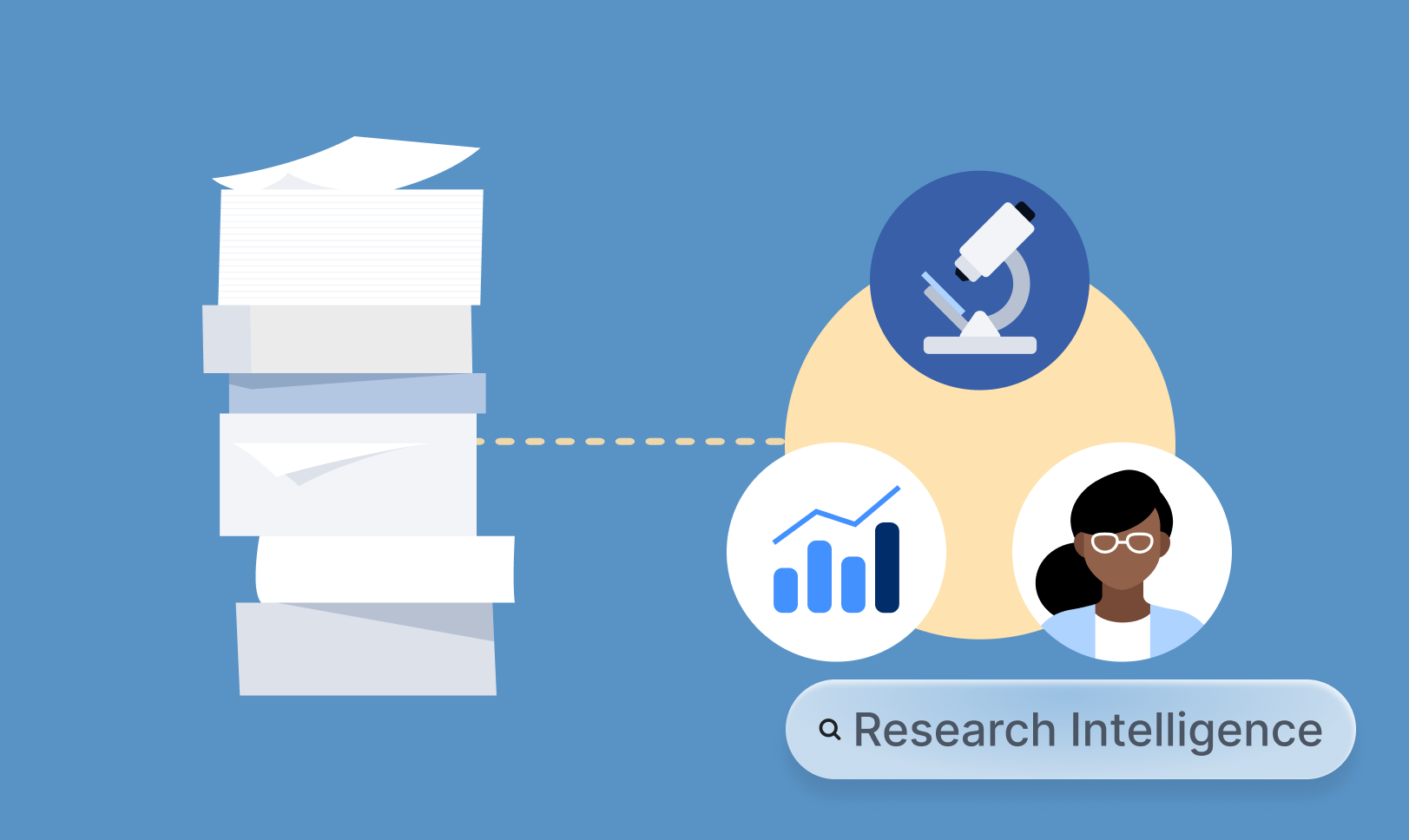
If you’d like to learn more about Scinapse’s data sources, reliability, and processing, check out the details here :
👉🏻 How AI Empowers Researchers with Data
We've shared insights into how Research Intelligence can help you uncover research trends and generate value. If you have specific questions, need tutorials, or wish to explore examples in your area of interest, feel free to leave a comment below.
We're here to help!🙌🏻
/ Written by Geehee Nahm
- Content Strategist specializing in SaaS industries
👇🏻If you'd like to learn more about the research trends & features in detail,
Never re-search again.
Scinapse is made by researchers for researchers.
Join the next generation of research at ⏯️ https://scinapse.io/
Pluto Labs
Pluto Labs helps researchers focus on their research by improving several inefficiencies in the academic research process. We offer data-driven insights from academic papers, allowing users to easily obtain review-level results for their desired range of papers.
https://pluto.im/

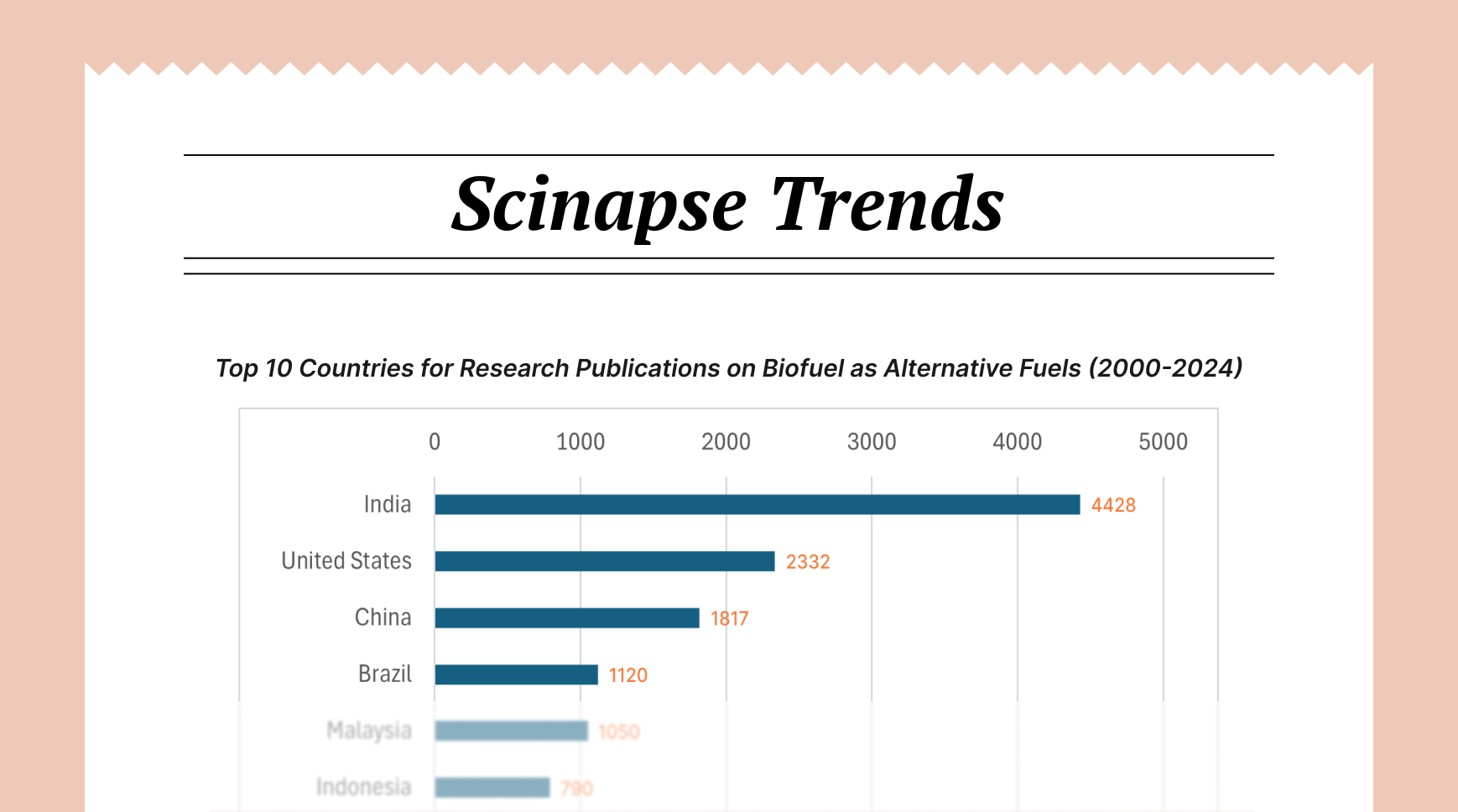
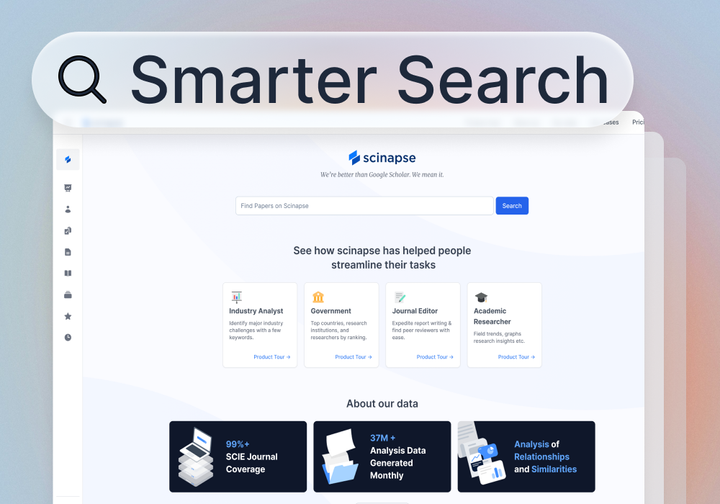

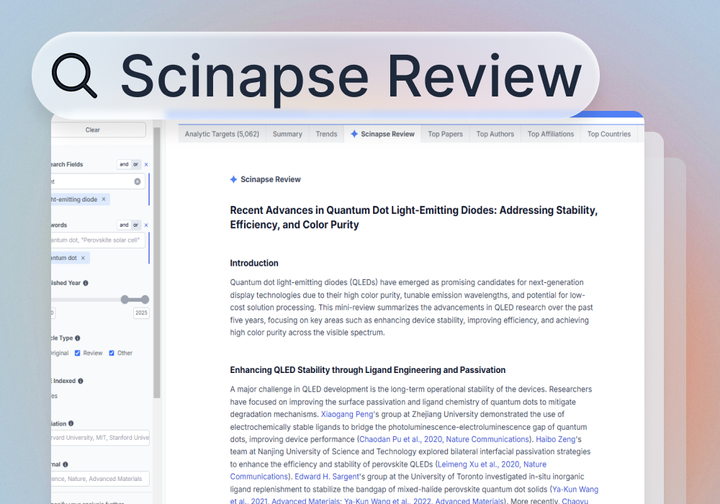
Comments ()